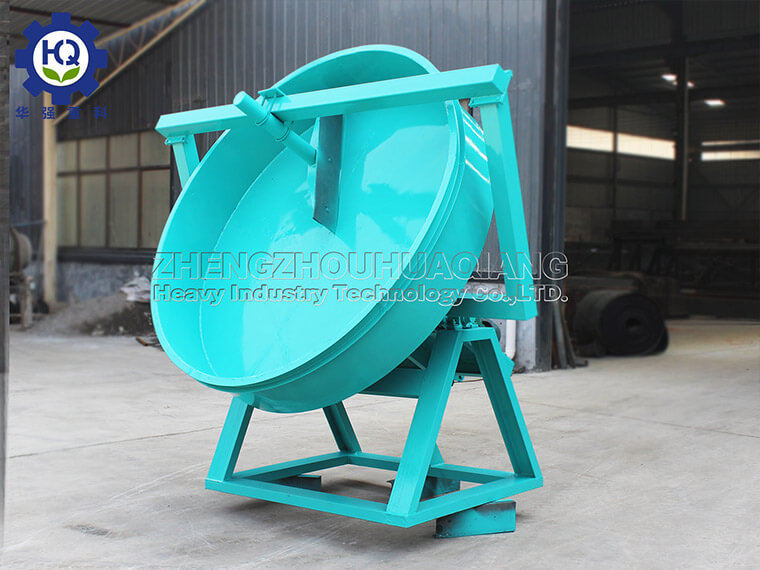NPk fertilizer production line emphasizes the concept of green, environmental protection
In today’s era of emphasizing sustainable development, the NPk fertilizer production line fully embodies the green concept of environmental protection and energy conservation in the process of processing fertilizers, and has significant characteristics and advantages.
In terms of environmental protection, the production line adopts an advanced exhaust gas treatment system. During the production process, waste gases generated from processes such as drying and granulation contain pollutants such as dust and odors. The exhaust gas treatment system can effectively remove harmful substances from exhaust gas through multi-stage filtration, adsorption, and purification devices, making the emitted gas meet environmental standards and reducing pollution to the atmospheric environment..jpg)
At the same time, the production line has also carried out reasonable treatment of waste residue and wastewater. The small amount of waste residue generated during the production process can be recycled and reprocessed to be reused as raw materials in production, achieving the recycling of resources. Wastewater is purified through sewage treatment equipment and can be used for greening irrigation or other non productive water use in the factory area after meeting standards, reducing the waste of water resources and pollution to the water environment.
In terms of energy conservation, the NPk fertilizer production line uses high-efficiency and energy-saving equipment. For example, the motor adopts energy-saving products with high power factor, which can reduce energy consumption. The dryer adopts advanced heat exchange technology, which improves energy utilization efficiency and reduces the loss of heat energy while ensuring the drying effect.
The intelligent control system of the production line also contributes to energy conservation. By monitoring and regulating the operating parameters of the equipment in real-time, the power and operating speed of the equipment are automatically adjusted according to production needs, avoiding equipment idling and excessive energy consumption.
In addition, the fertilizers produced by the NPk fertilizer production line also have the characteristics of environmental protection and energy conservation. Accurately proportioned fertilizers improve nutrient utilization efficiency and reduce nutrient loss and environmental pollution caused by excessive fertilizer application. The application of slow-release fertilizers further reduces the frequency of fertilization and minimizes the potential harm of fertilizers to soil and water bodies.
The NPk fertilizer production line integrates the concept of environmental protection and energy conservation throughout the entire production process, not only reducing production costs for enterprises, but also making positive contributions to environmental protection. This green production model conforms to the trend of the times and creates favorable conditions for the sustainable development of agriculture.
.jpg)


.jpg)

.jpg)
.jpg)

.jpg)